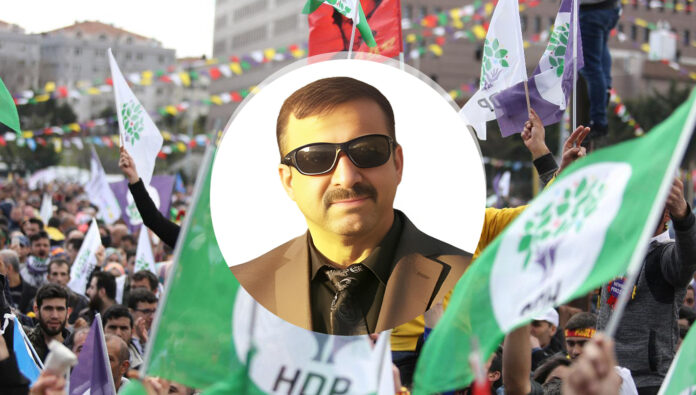Sherzad Nayef
In recent weeks, Turkish political discourse toward the Kurds has seen a notable shift, highlighted by Nationalist Movement Party leader Devlet Bahçeli’s positive statements about the Kurds in Turkey. This development emerges against the backdrop of a region undergoing complex political transformations, where the Kurds are increasingly prominent actors on the geopolitical stage, attracting attention from neighboring countries, especially Turkey, Iraq, and Iran.
Historically, with few exceptions, Turkey’s policies toward the Kurds have been rigid, with Ankara classifying the Kurdistan Workers’ Party (PKK) as a terrorist organization. However, Bahçeli’s recent remarks signal a change in tone, as he called for greater dialogue and understanding with the Kurdish population. This shift reflects a growing recognition of the Kurds’ potential role in regional stability, particularly as Turkey grapples with both internal and external challenges.
In Iraq, the Kurdish population enjoys a greater degree of autonomy, with the Kurdistan Region of Iraq standing as a model of self-governance in the region. The Kurdistan Democratic Party, led by Masoud Barzani, secured a decisive victory in recent parliamentary elections, securing overwhelming support. This outcome underscores the party’s solid popular backing and strengthens its political position in Iraq, allowing it to play a more prominent role in shaping the region’s future and addressing upcoming challenges.
Meanwhile, Iran approaches its relations with the Kurds in Iraq and Turkey cautiously. The Kurdish population in Iran’s northwest presents ongoing challenges for Tehran, which opposes any form of Kurdish autonomy. Nevertheless, Iran seeks to enhance its ties with Iraqi Kurds as a means of increasing its influence in the region. This approach was underscored by Iranian President Ebrahim Raisi’s recent visit to the Kurdish region, where discussions centered on expanding economic and political cooperation.
Amid this regional competition, Turkey, Iran, and Iraq appear to be using Kurdish issues to improve their image on the global stage, particularly before the United States and Israel. However, it must be acknowledged that these governments have a history of oppressing the Kurdish population, which has long endured repressive policies and systemic marginalization. Presenting themselves as protectors of Kurdish rights and advocates for their cause allows these nations to gain international support and legitimacy, yet it overlooks the historical grievances and hardships endured by the Kurds under their rule.
Facing both internal and external pressures, Turkey is seeking to strengthen its international standing, and thus, improving its relationship with the Kurds can be seen as a step toward enhancing its global image. In contrast, Iraq and Iran aim to maintain regional stability and secure their interests, motivating them to adopt more conciliatory policies toward the Kurds.
The Kurdish issue remains deeply intertwined within the politics of Turkey, Iraq, and Iran, positioning the Kurds as pivotal figures in regional affairs. Recent changes in Turkish discourse suggest possible shifts in regional dynamics as each country vies to present the Kurds as integral to their political strategies. Amid mounting tensions and complexities, the Kurdish role will continue to be a crucial element in regional politics, requiring careful and strategic handling.






Great article, interesting to be read. Fact points about the conflict.